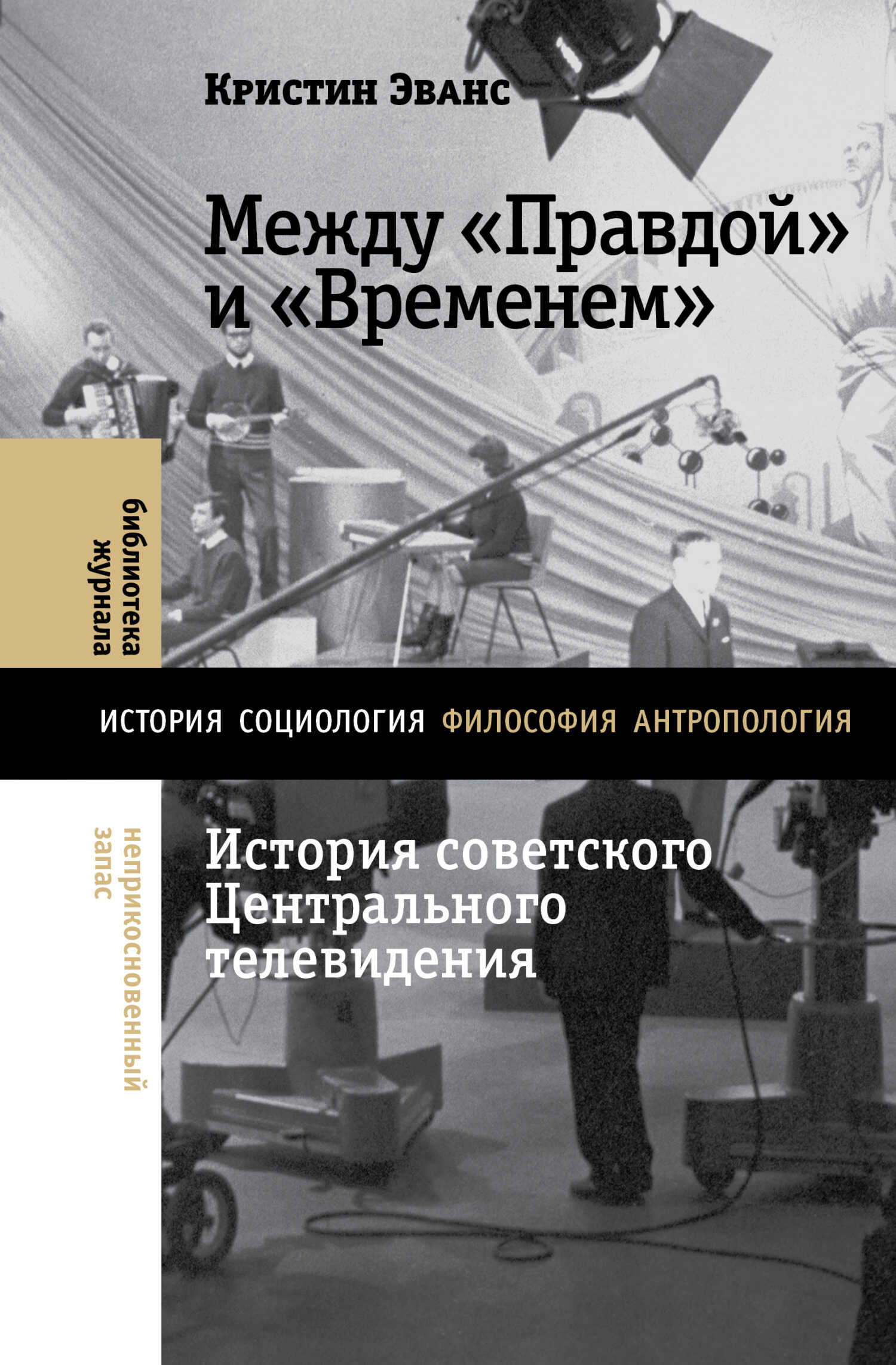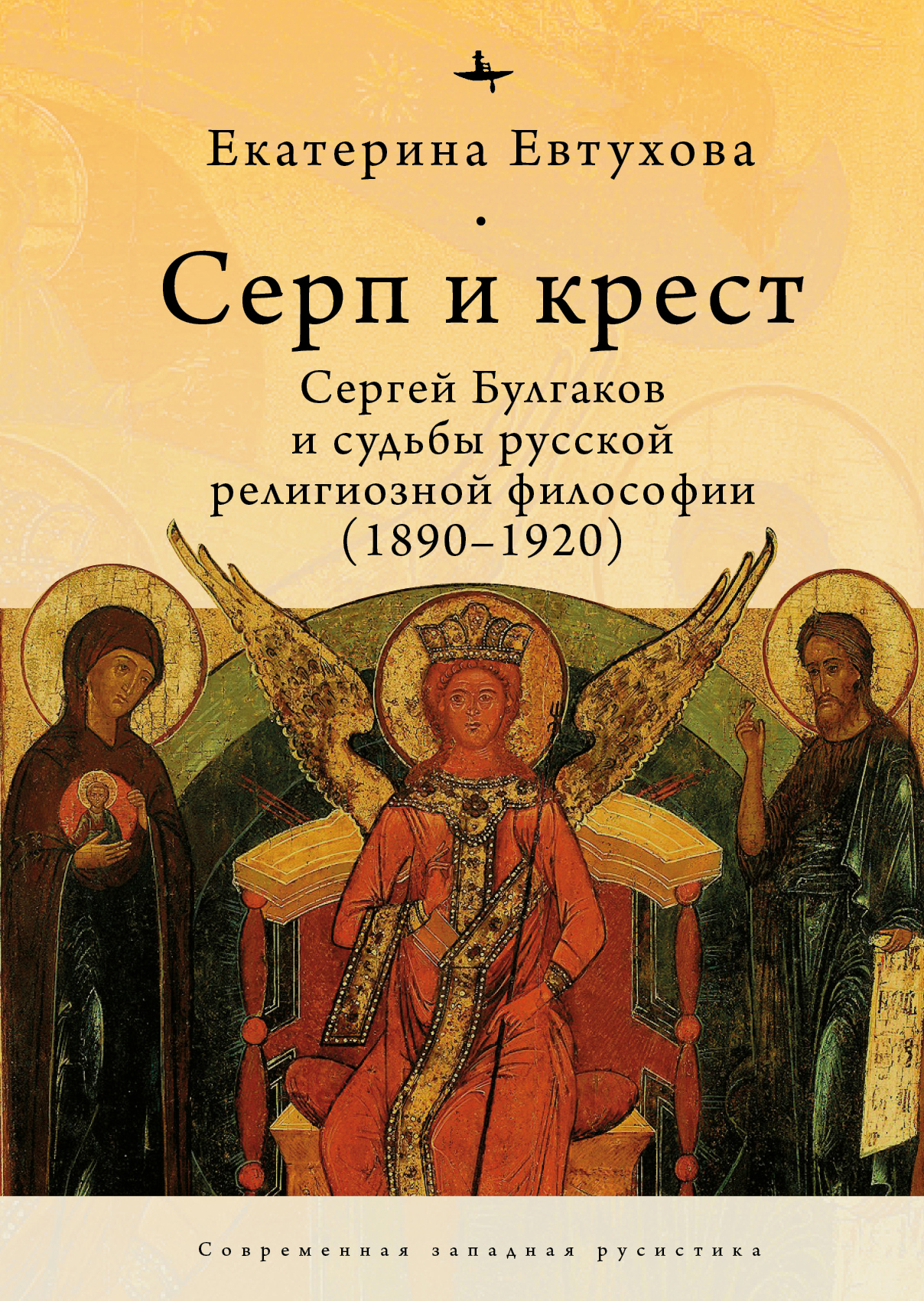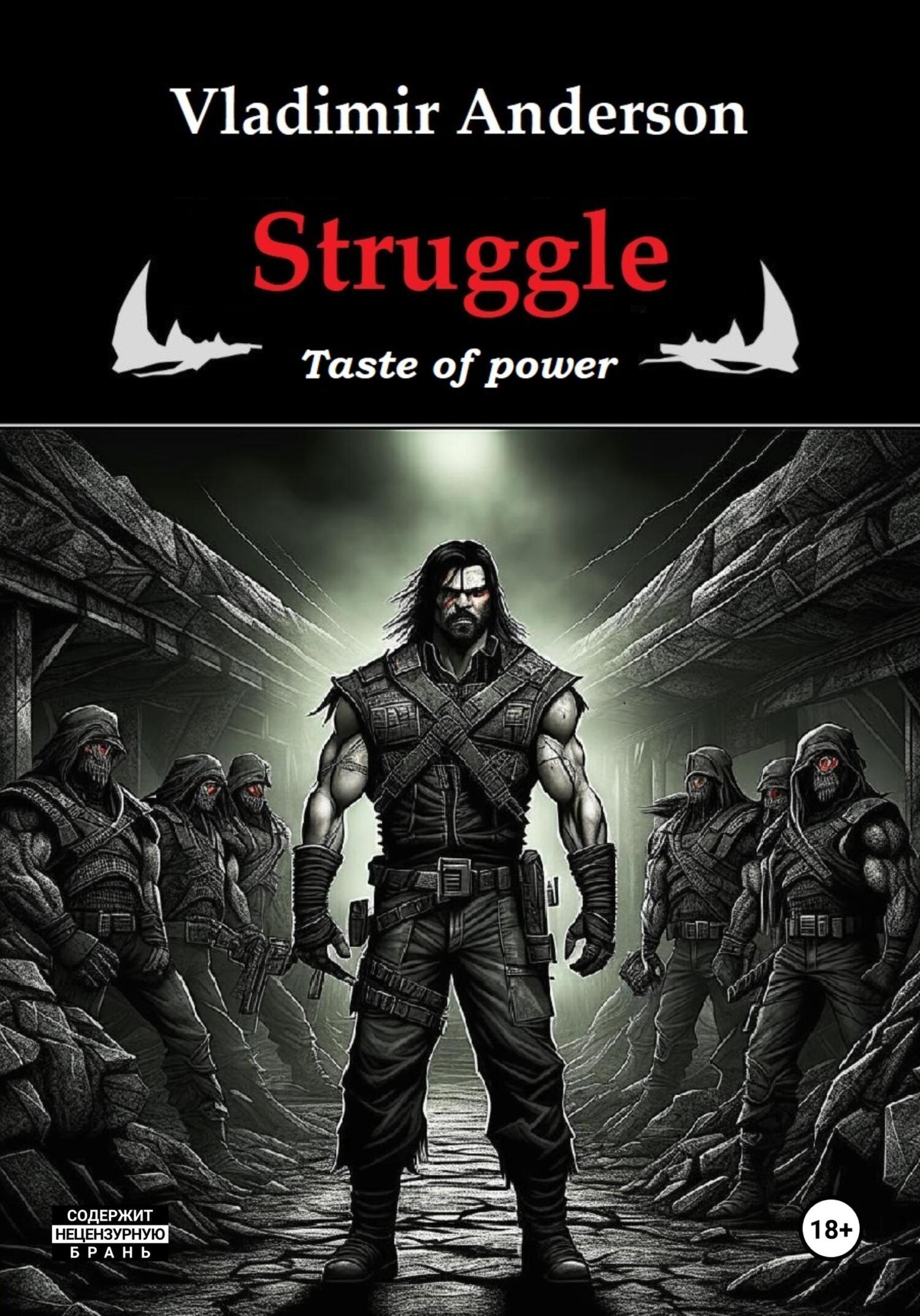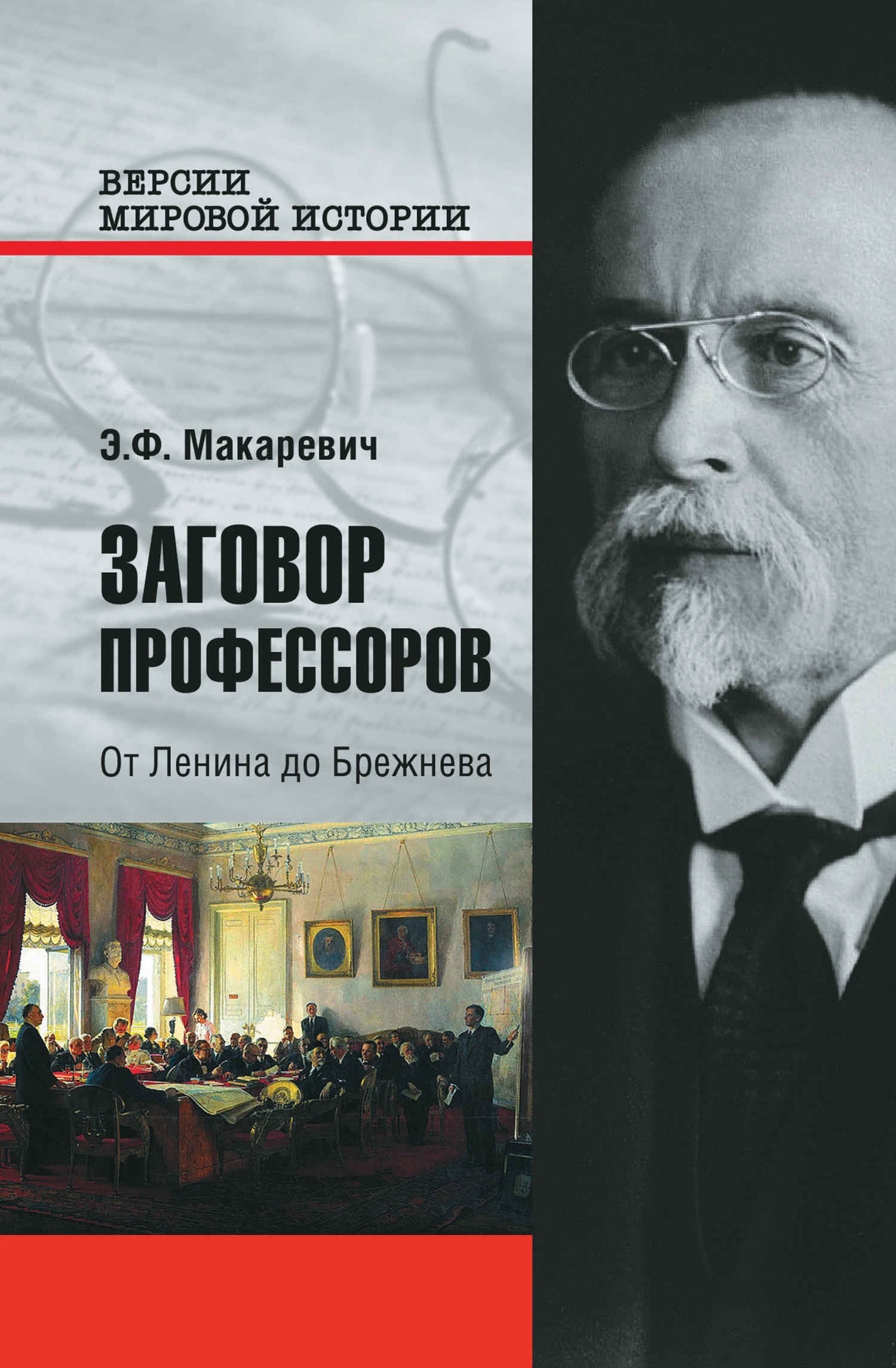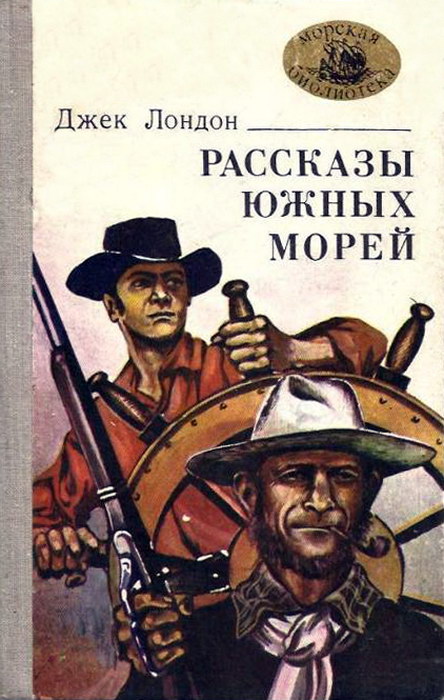Шрифт:
Закладка:
Существует расхожее представление, что советская массовая культура в эпоху Брежнева была скучной и шаблонной. Кристин Эванс в своем исследовании советского центрального телевидения, основанном на обширных архивных источниках, интервью и телевизионных записях, ставит под сомнение этот тезис. Автор прослеживает историю Центрального телевидения в Советском Союзе с середины 1960‐х до начала 1980‐х годов, анализирует советские новостные программы, многосерийные фильмы и игровые шоу и выявляет в них проявления игры, конфликта и соперничества. Исследовательница демонстрирует, что самые популярные передачи советского центрального телевидения были экспериментальными и творческими; по ее мнению, они заложили основу для реформ Михаила Горбачева и постсоветской системы СМИ, а также подготовили и предвосхитили эру российского телевидения. Кристин Эванс – доцент Департамента истории Висконсинского университета в Милуоки.
